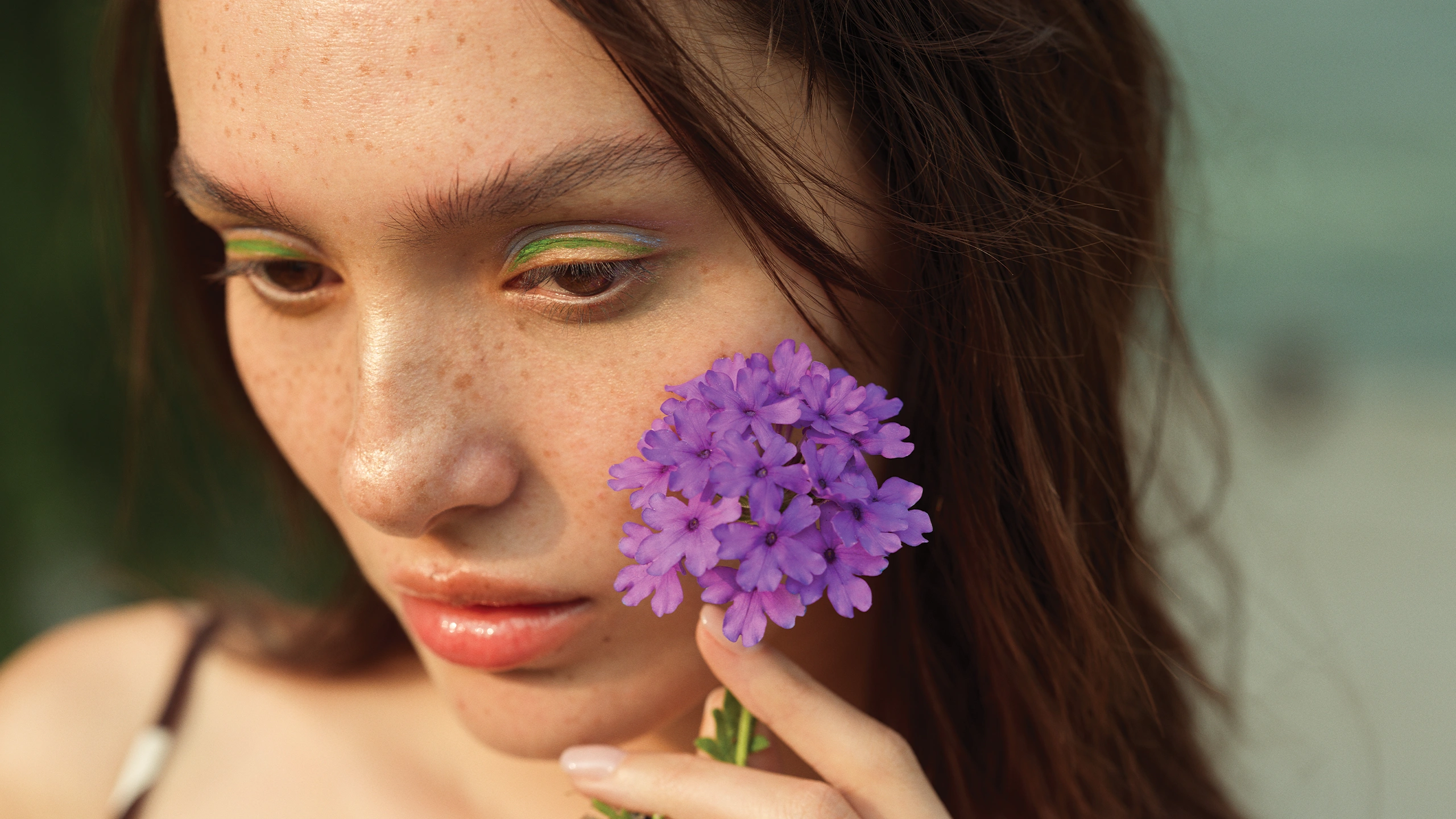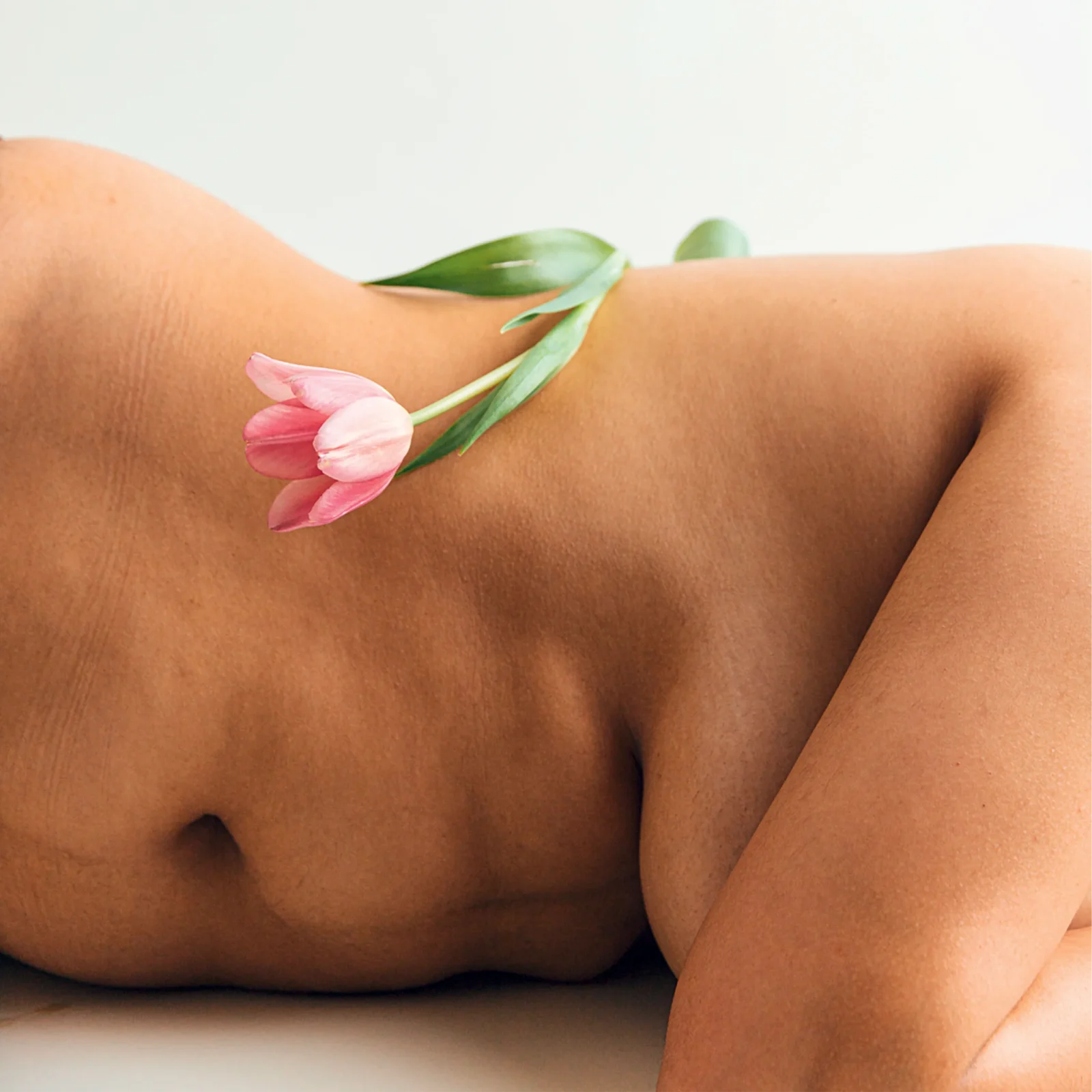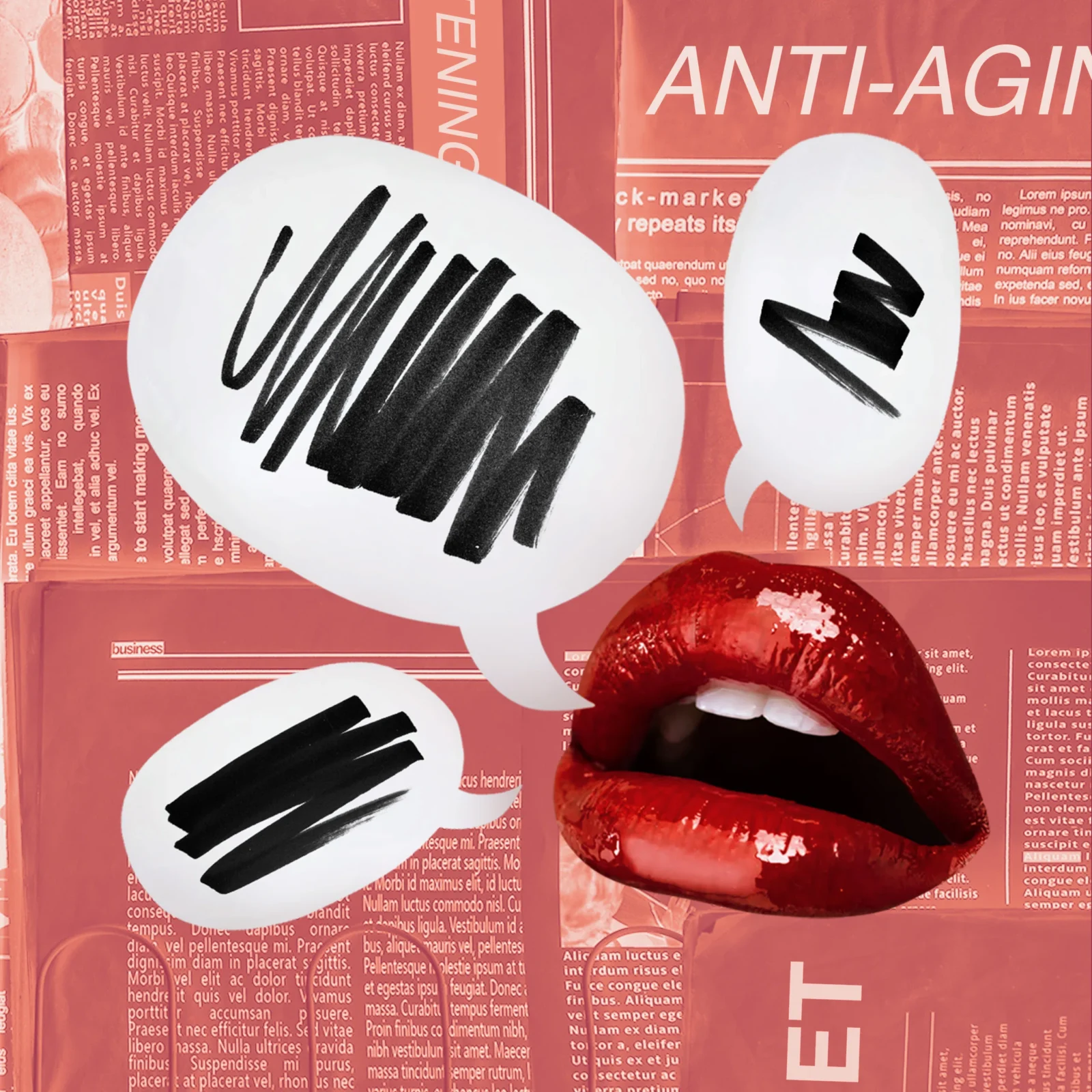Coming Clean: How Allure Philippines Is Defining These Beauty Labels
Clean, green, sustainable? We’re stripping the labels bare—because wellness starts with the truth.
By Leira Aquino
Photographed by Josh Tolentino
Clean. Green. Eco-friendly. Sustainable. In the Philippines, where the beauty industry continues to grow alongside a rising eco-conscious movement, these labels have become powerful marketing tools. But their meanings aren’t always as transparent as we’d like. That’s why Allure Philippines, inspired by the work of our counterpart, Allure US, is cutting through the haze—defining these terms with precision and context so you can shop, apply, and dispose of products with both confidence and conscience.
“Clean” Beauty
At Allure, we don’t use this term loosely. We define “clean” beauty as products formulated without certain ingredients that pose potential health risks, are suspected environmental hazards, or are simply too controversial due to inconclusive safety data. These include ingredient classes such as parabens, phthalates, certain chemical sunscreens, formaldehyde, and microbeads.
In the Philippines, the challenge is that ingredient safety regulations vary. While the Food and Drug Administration bans some high-risk substances, other questionable ingredients still slip into circulation, especially in unregulated, online-sold products. That’s why it’s crucial to read labels, buy from reputable brands, and stay informed about the latest research.
“Green” Beauty
Unless the product is literally the color green, we avoid using this word. Why? In local beauty marketing, “green” might mean natural, organic, or environmentally friendly, but without a verifiable standard, it’s impossible to tell what’s actually being claimed.
“Recyclable” Packaging
Even if your plastic beauty bottle carries a recycling symbol, it doesn’t guarantee a second life. Locally, municipal recycling systems are limited, and mixed-material packaging (like pumps with metal springs) often ends up in landfills. Our commitment? Never calling plastic “recyclable” in our writing.
“Sustainable” Beauty
We’re not getting fast and loose with this word. Sustainability in beauty means reducing environmental impact throughout a product’s life cycle, from sourcing ingredients to packaging to shipping. But it’s always a moving target. The most sustainable beauty choice we believe in? Buying less, loving more—especially what you already own.
“Biodegradable”
“Biodegradable” sounds reassuring, but it only means a material can be broken down by microorganisms, and that could take decades, even centuries, depending on landfill conditions. Additionally, most landfills, according to Allure US, don’t have enough oxygen to get the job done. For this reason, we will not use this word unless we’re being specific about what we mean.
“Eco-Friendly”
We don’t use “eco-friendly” unless the product has no packaging at all. Why? Because almost every product, no matter how responsibly made, has some environmental cost, whether in manufacturing, transport, or disposal. Bars, refills, and reusable systems get closer to this ideal, but it’s worth remembering: the lowest-impact beauty is using what you already own.
In short…
Words matter, and in beauty, they influence what we buy, how we use it, and what happens after we’re done. At Allure Philippines, our pledge is simple: to cut through the noise, define beauty on honest terms, and hold the industry to the same transparency we expect from the products we use. Because “coming clean” isn’t just about what’s in your serum—it’s about the truth in every story beauty tells.
Photographed by Josh Tolentino. Beauty direction: Trina Epilepsia Boutain. Makeup and hair: Ailene Reins. Model: Siobhan Moylan.
- Zen Z: The Ten Breakout Stars on the Cover of Allure Philippines’ Wellness Issue
- Discover Our Hairitage: Modern Hairstyles and Caring Rituals Inspired by Filipino Traditions
- Meet the Expert: How Dr. Jasmin Jamora Is Bringing Expert Skin Care to the Masses
- Mirror, Mirrored: Reflecting on the Beauty of Aging
To provide a customized ad experience, we need to know if you are of legal age in your region.
By making a selection, you agree to our Terms & Conditions.






